Reviews
Reading We’ve Enjoyed in 2021
A round up of 15+ resources that have shaped thinking and practice in the Act Build Change community.
Latifa Akay | 16 Dec 2021
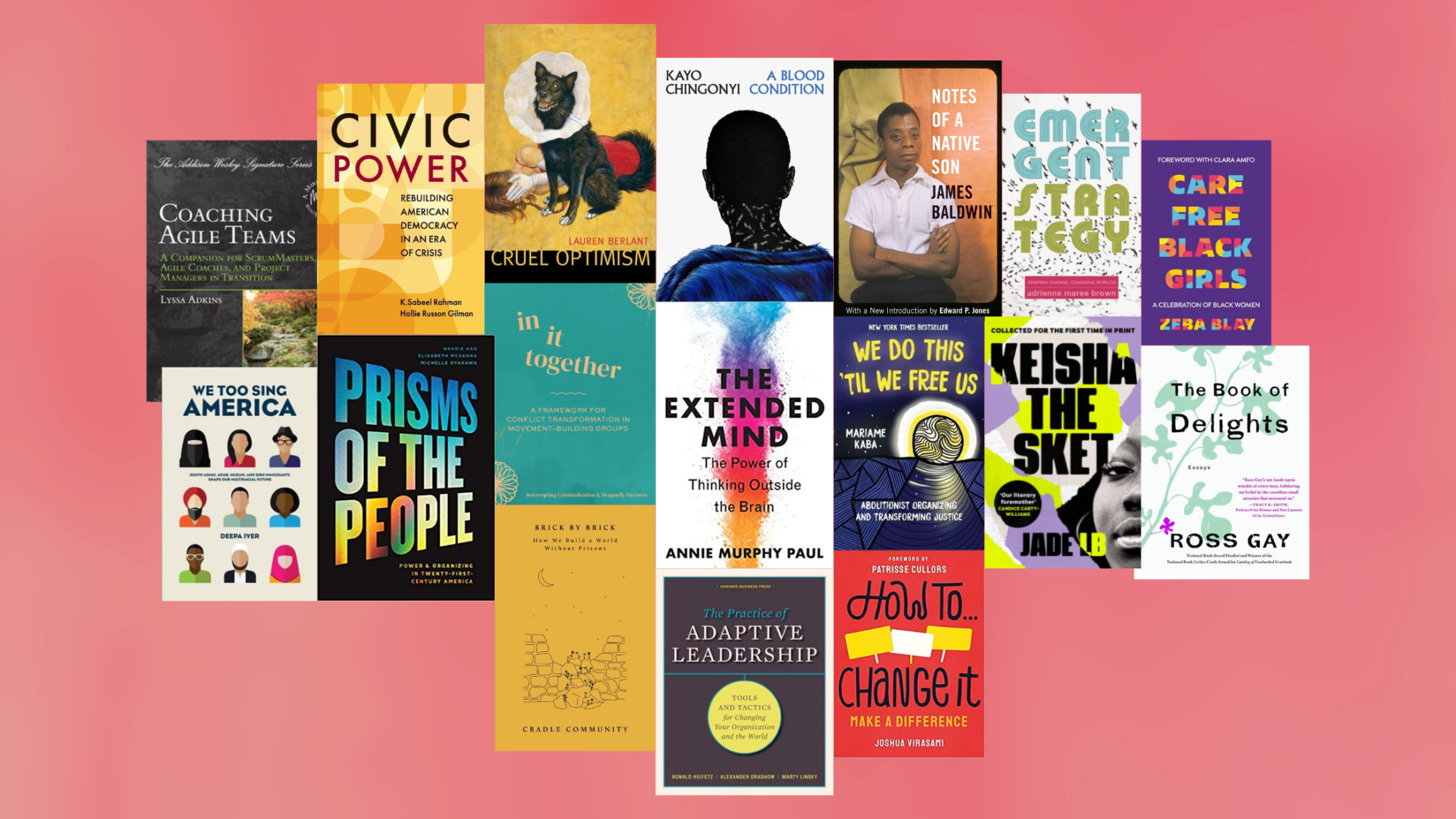
Image credit: Act Build Change.
This post uses affiliate links which means that when you buy an item using the link provided we receive a portion of the sale. Affiliate links are marked with a ⟡
As 2021 draws to a close, we wanted to share some of the reading that has been inspirational for us this year and informed our thinking and practice.
Unexpectedly, we're sharing this blog the day after the devastating news that bell hooks has passed away. Like so many others, we're reflecting on all the ways that bell hooks have taught and guided us in our work, practice, living and resistances. bell hooks taught us that one of the most vital ways we sustain ourselves is by building communities of resistance, where we know we are not alone. She approached education first and foremost from a place of love. She gave us the language and tools to dream and work towards radical care, be critical about knowledge production, speak back to power, and love ourselves and others.
Much of the work, organising and dreaming that we do would not be possible without the work of bell hooks and other leading Black feminist scholars. As we mourn her passing, we take this opportunity to commit to better collectively learning and living from the incredible gifts she has left with us.
If you're just beginning your journey in reading bell hooks, you could start by exploring some of her essays, available to download here for free. Or by reading any of her incredible books: All About Love, Teaching to Transgress, Feminist Theory: From Margin to Center or Ain't I a Woman. You can watch a video of bell hooks discussing Teaching to Transgress and her approaches to education here.
1. We Do This Til We Free Us: Abolitionist Organizing and Transforming Justice by Mariame Kaba
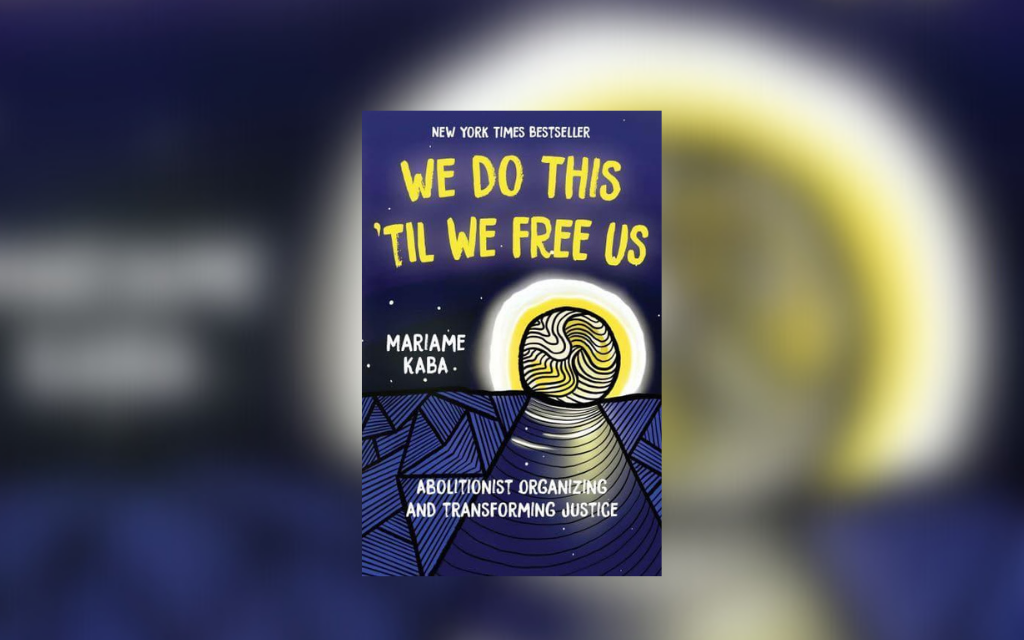
Recommended by Edi Whitehead, digital organiser at Act Build Change:
I can't say any other resource influenced my practice this year as much as Mariame Kaba's We Do This Til We Free Us. It's a collection of themed essays and transcripts exploring her work as an abolitionist organiser in the US, with plenty of accompanying resources to help begin and further discussions on safety and harm. Still, the lessons and reflections she shares carry so much relevance for those organising on a range of issues. It holds the nuance that we sorely need in conversations on everything from accountability to the longevity of our organising efforts. In particular, the parts on the timelines of us and our movements, collective care and the need for experiments were the most impactful for me in thinking about my practice and those who've attended Act Build Change Community Meet-Ups this year will likely have seen that impact!
Buy We Do This Til We Free Us from Bookshop.org
2. Brick by Brick: How We Build a World Without Prisons by Cradle Community
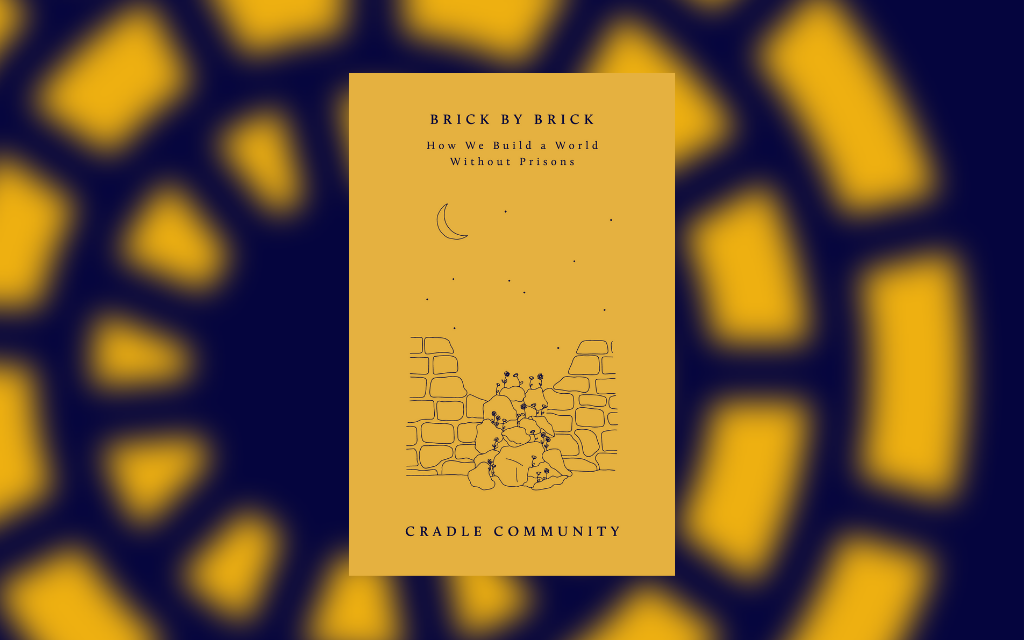
Recommended by Sami Çapulcu, from Resist + Renew:
I have been looking forward to a book called Cradle Community's Brick By Brick. It is so vital to have a book that focuses on carceral structures here in the UK and keeps an abolitionist focus firmly on prisons, their ideological support, and what to do about it. It shouts out a lot of groups organising for a better future - so take note (and check out Hajar Press' other books)!
Buy Brick by Brick from Hajar Press
3.Keisha The Sket by Jade LB
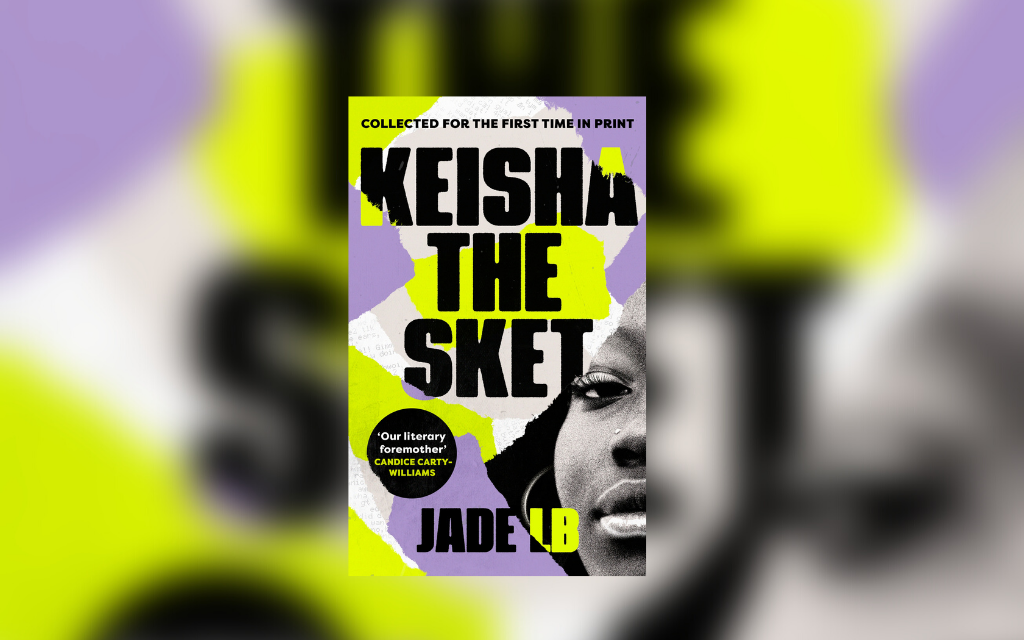
Recommended by Ezimma Chigbo, one of our collective care trainers at Act Build Change:
Keisha The Sket explores Keisha's journey as a teenager and young adult exploring sex and encountering the gendered labels which accompany this for young Black girls in noughties inner-city London. The story is an intersectional feminist tale addressing misogyny and structural oppression; through Keisha's experiences, we learn about young women's trials, triumphs and resilience. The book includes essays from Candice Carty Williams, Caleb Femi, Aniefiok Ekpoudom and Enny. This is one of my favourite books ever; please go out and read it!
Buy Keisha the Sket from Bookshop.org
4. Emergent Strategy by adrienne maree brown
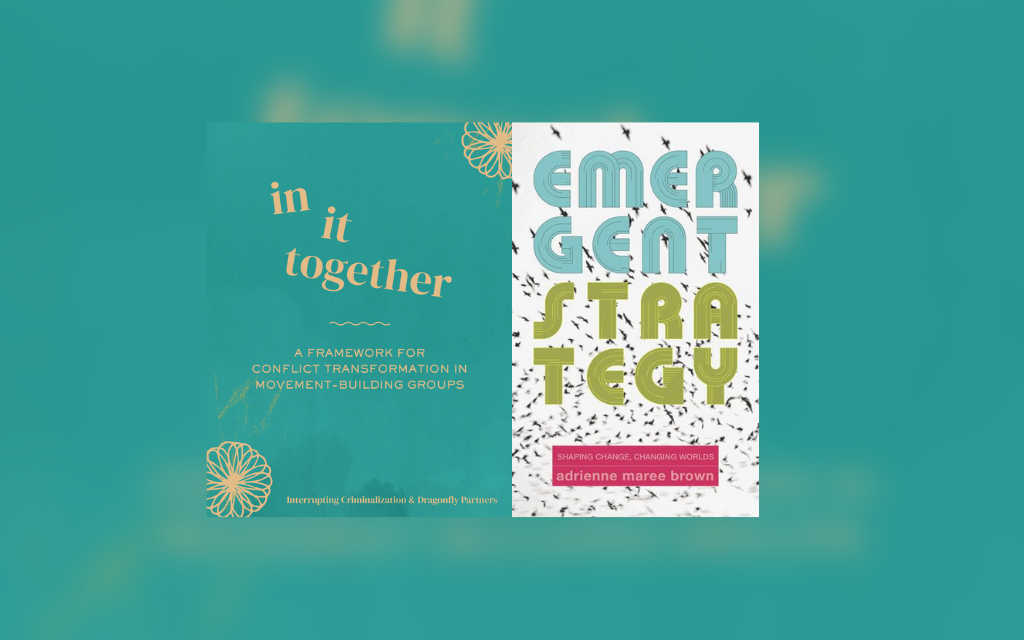
Recommended by Naima Khan from Inclusive Mosque Initiative:
In our organising efforts, the team at Inclusive Mosque are determined to build solidarity and mobilise our communities around a shared love of a safer future, not a shared hatred of our oppressors. I have found adrienne maree brown's Emergent Strategy helpful in thinking through how we work towards this. I would also recommend In It Together from Interrupting Criminalisation, which provides practical, non-punitive ways of addressing harm and harm-doers and transforming conflict in movement spaces. Hurma Project has supported us at Inclusive Mosque in thinking about building safer mosques, and a special mention to Radical Copyeditor, who has helped us align our language with our values.
Buy Emergent Strategy from Bookshop.org
5. The Extended Mind: The Power of Thinking Outside the Brain by Annie Murphy Paul
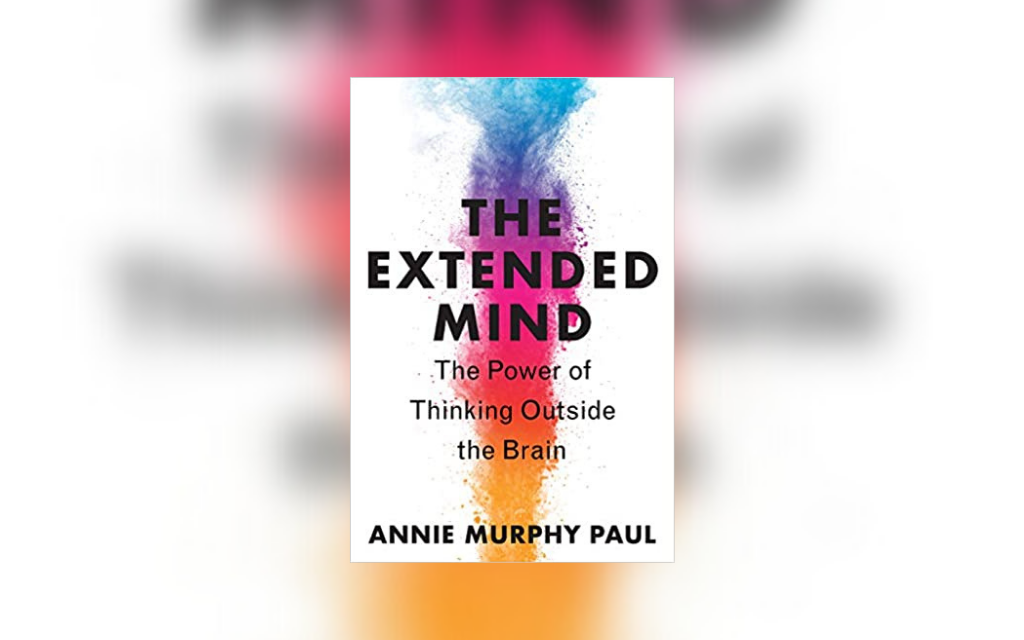
Recommended by Kathryn Perera, a board member at Act Build Change:
While we've known for a long time that intelligence takes many forms, this book is packed full of insights (and backed by solid scientific research) about how our creativity, intelligence and memories are embodied. Organisers and activists may be especially interested in what Annie shares about team intelligence and her practical tips on thinking better with peers, teams and groups.
6. How to Change It: Make A Difference by Joshua Virasami
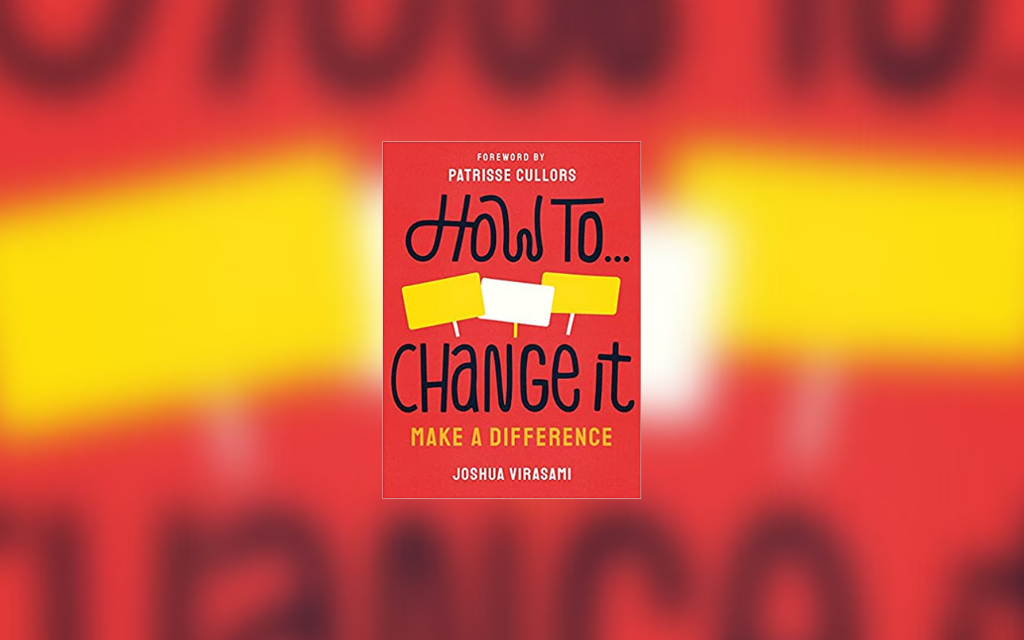
Recommended by Zahra Bei, from No More Exclusions:
A world is being built for us in which we are not all equal or essential, and the most basic human rights are up for debate. Children are not taught the truth, and their voices, dreams, ideas, and worries are discounted. Many children and young people do not expect to be included, treated fairly, have fun in school, be loved for who they are, and be supported to discover who they could be. We are not free; we are not to question, think for ourselves, or care about our Neighbours or the future of the world. We are not supposed to work together especially with people who look or sound strange. We are not to move freely, love each other, or believe we have a voice worth listening to. Above all, we should never think we have any power, that it can be a force of good, and that we can share it and build it in ways that would create a different story. Don't just read: study How to Change It and gift it to as many young people and children as possible.
Buy How to Change It from Bookshop.org
7. Cruel Optimism by Lauren Berlant and The Cultural Politics of Emotion by Sara Ahmed
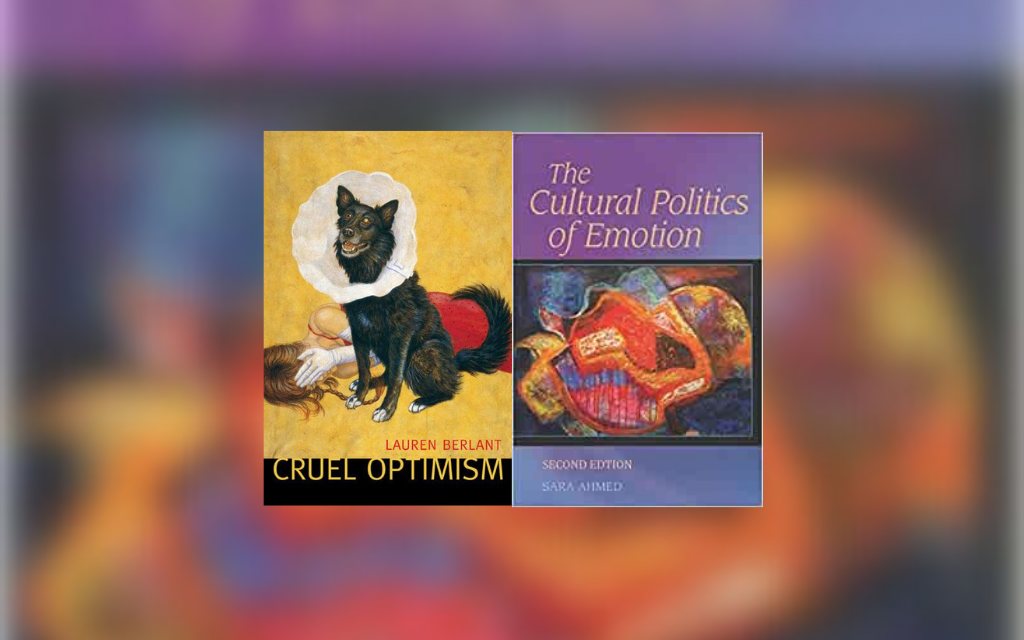
Recommended by molly ackhurst, one of our collective care trainers at Act Build Change:
Two books that have continued to shape how I think and practice over the course of 2021 are Lauren Berlant's Cruel Optimism and Sara Ahmed's The Cultural Politics of Emotion. For me when they are read alongside one another, the two texts offer a beautiful and rich conceptualisation of stuckness, as well as the attachments and investments that fix us in place. As Ahmed (2007, p.165) notes in a later piece of work, it is by showing how we are stuck, by attending to what is habitual and routine in the what of the world, that we can keep open the possibility of habit changes, without using that possibility to displace our attention to the present, and without simply wishing for new tricks.
But Cruel Optimism and The Cultural Politics of Emotion on Bookshop.org
8. The Book of Delights by Ross Gay
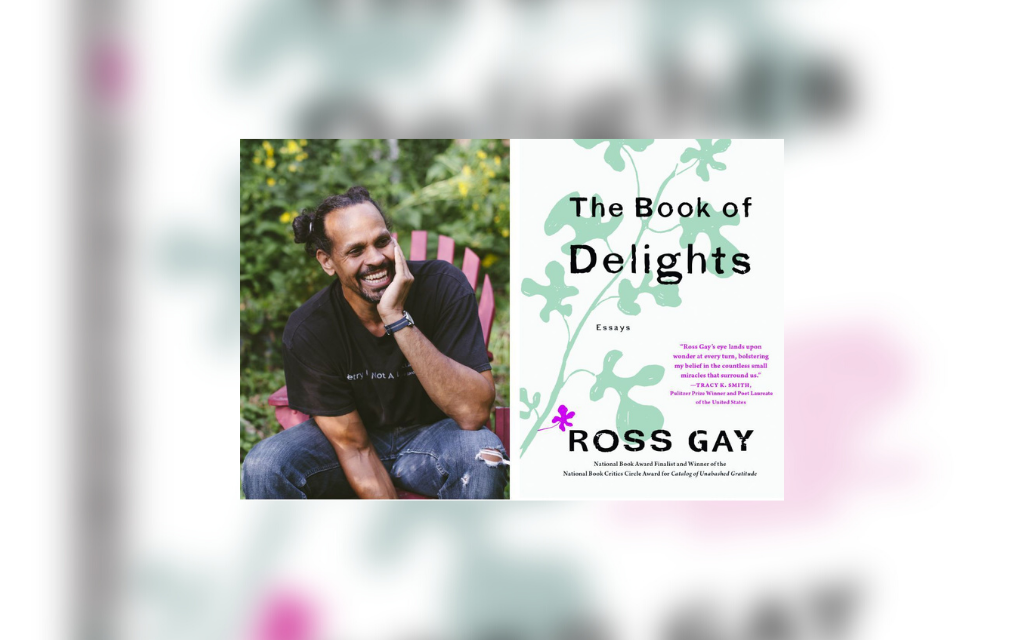
Recommended by Stephanie Wong, our director at Act Build Change:
In a year that has been hard on several levels, Tahmid, who sits on our board, gifted me Book of Delights by Ross Gay, and it was a balm for the pains and giggles in a lot of sorrow. It is a book that calls us to notice, to pay attention to the subtle, beautiful moments around us all of the time if we slow down a little, look up a little or sideways. Ross Gay is very funny, very generous and complex in his writing. He doesn't sentimentalise the world, and I especially love that about this book.
Buy Book of Delights from Bookshop.org
9.Prisms of the People by Hahrie Han (and others) and Civic Power Rebuilding American Democracy in an Era of Crisis by K. Sabeel Rahman and Hollie Russon Gilman
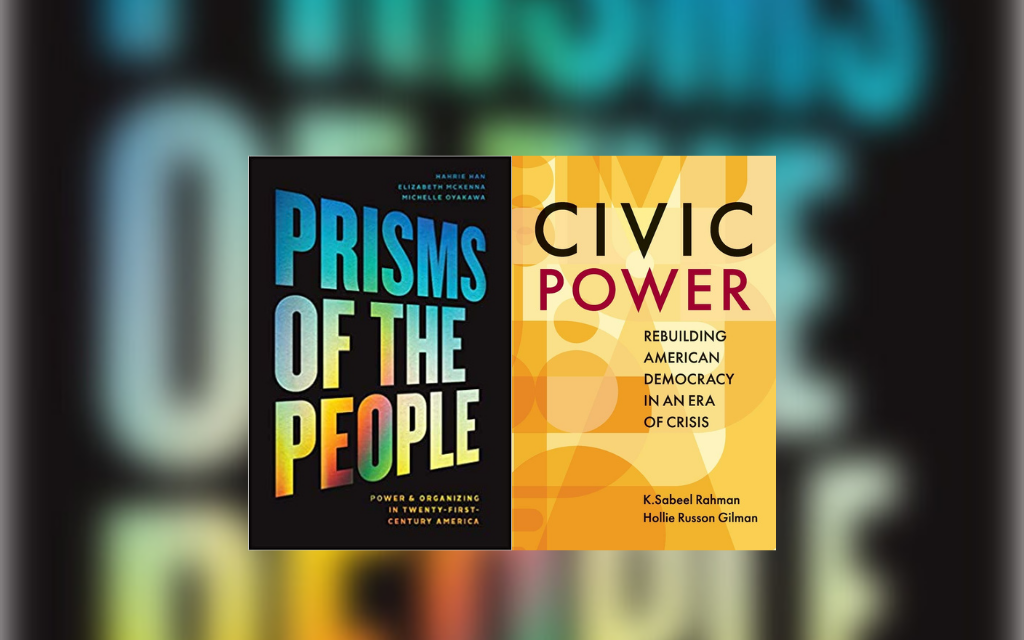
Recommended by Josh Simons, from the Civic Power Fund:
I recommend Prisms of the People and Civic Power: Rebuilding American Democracy in an Era of Crisis. The reason I love both these books is they articulate something that has become part of the strategy we are building at Civic Power Fund: organising in a narrow sense is a methodology of building power, but in a deeper understanding, organising is the activity of doing democracy; coming together with fellow citizens around shared interests or identities and building power to influence decisions and shape outcomes. Seeing that connection between democracy, power and organising has been enormously illuminating and exciting. It has taught me something about what it means or what is required to live together productively and peacefully in a multi-racial, unequal democracy.
Buy Prisms of the People and Civic Power from Bookshop.org
10. Carefree Black Girls: A Celebration of Black Women in Pop Culture by Zeba Blay
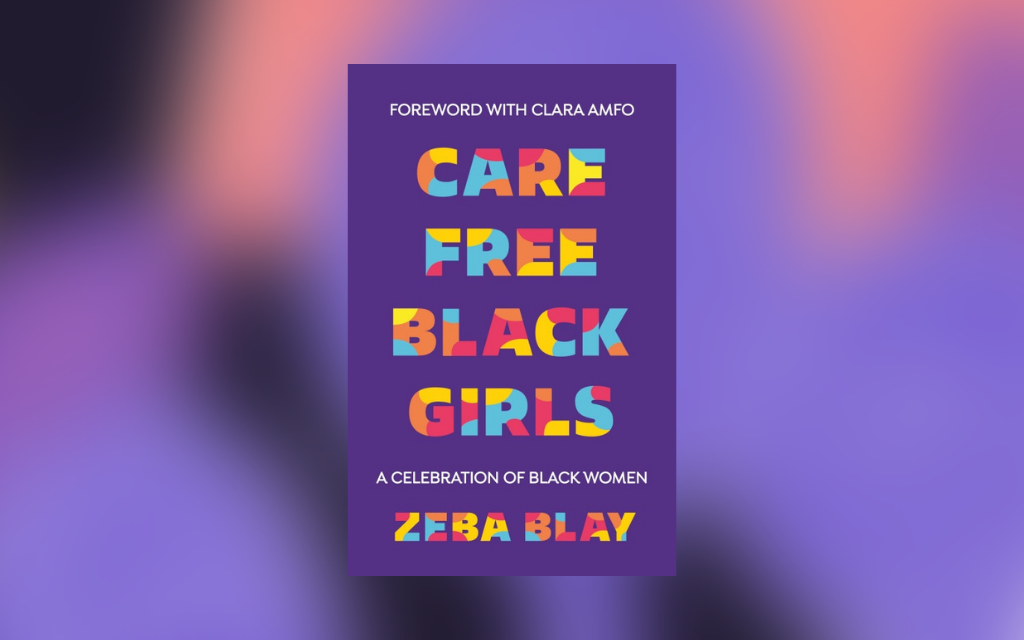
Recommended by Imani Clough, logistics co-ordinator at Act Build Change:
A series of well-crafted essays that celebrate Black women's experiences in popular culture. I enjoyed reading this book. It validates the fortitude of Black women who celebrate and appreciate Black women and our cultural influence while examining the many stereotypes. It was a cathartic read. #CareFreeBlackGirls
Buy Carefree Black Girls from Bookshop.org
11. The Practice of Adaptive Leadership by Ronald Heifetz (and others)and Notes on a Native Son by James Baldwin
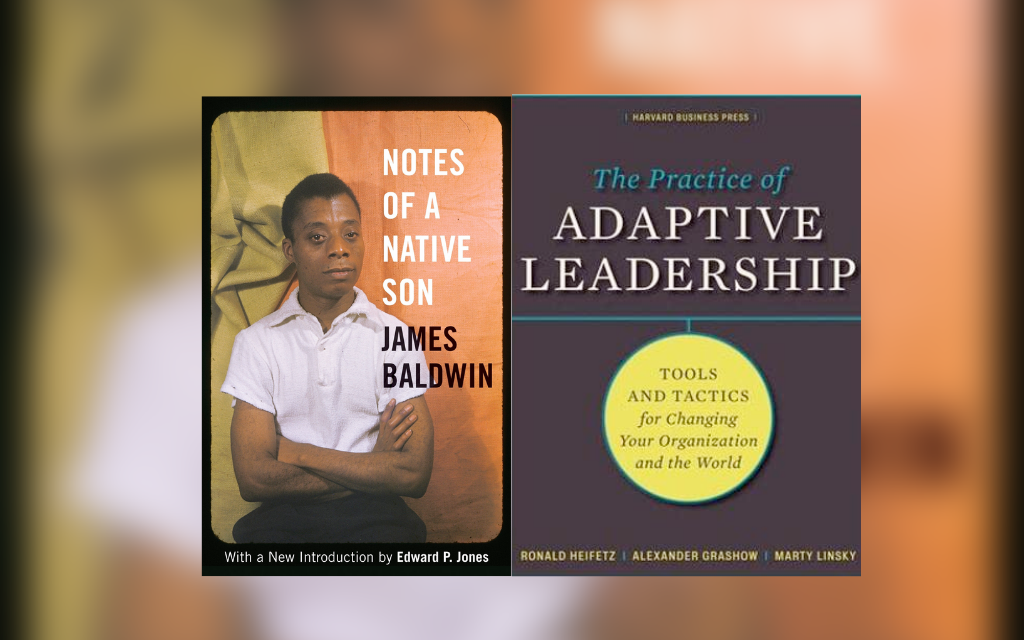
Recommended by Tahmid Islam, board member at Act Build Change:
I recommend Ronald Heifetz's The Practice of Adaptive Leadership and James Baldwin's Notes on a Native Son.
Rarely do I ever enter the realm of 'leadership' books, but this is an outlier that I have come to know in recent months that I 100% recommend. Adaptive leadership is all about viewing challenges through the lens of adaptivity. Often, we view real-world problems through a prescriptive and technical lens, i.e. racism can be solved by bias training, but this book invites us to go beyond seeing challenges in such reductive ways.
I keep returning to the sage that is James Baldwin, and every time I come back, he offers me new ways of thinking about the world through his words. In this book, James Baldwin provides so many layers of understanding of what is at stake for both people of colour and white people when it comes to racism and articulates in the most poetic of ways, as a preacher would.
Buy Notes of a Native Son from Bookshop.org
12. We Too Sing America: South Asian, Arab, Muslim, and Sikh Immigrants Shape Our Multiracial Future by Deepa Iyer
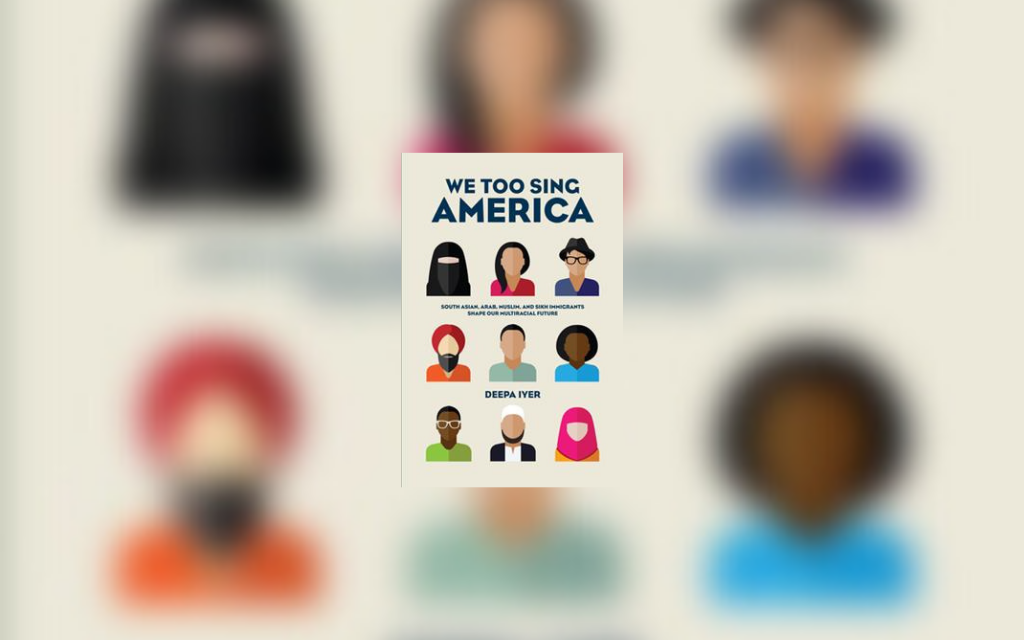
Recommended by Teresa Buczkowska from the Immigrant Council of Ireland:
The book that made an important contribution towards shaping my activism and work this year was We Too Sing America by Deepa Iyer. This book introduced me to a more nuanced understanding of racial justice, an understanding inclusive of diverse experiences beyond racial binaries. This book helped me verbalise concerns about but also hopes for building collective commitment to end white supremacy.
Buy We Too Sing America from Blackwell's.
13. Coaching Agile Teams: A Companion for ScrumMasters, Agile Coaches, and Project Managers in Transition by Lyssa Adkins
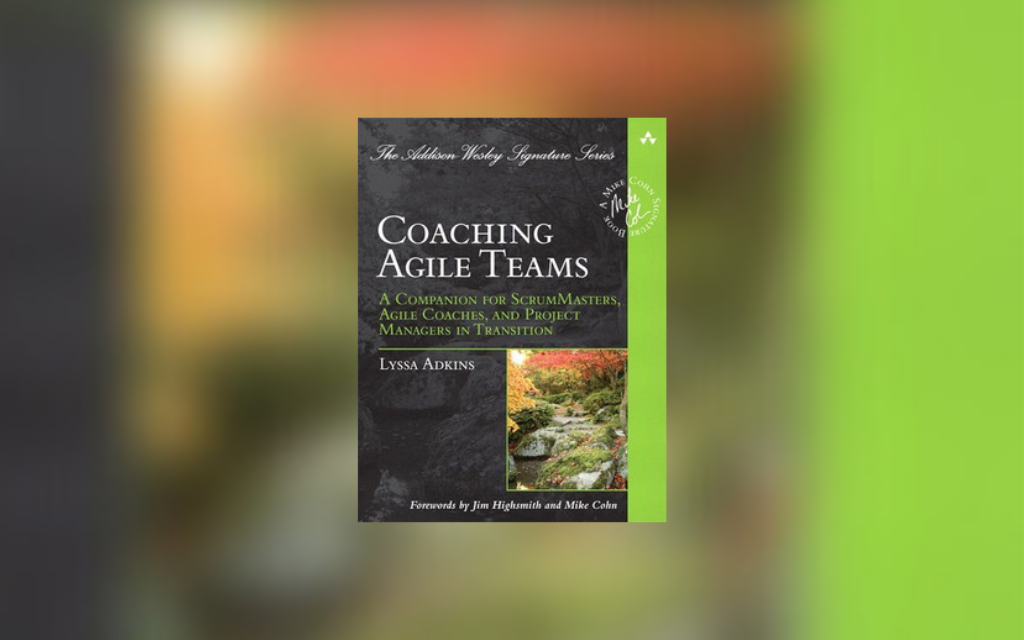
Recommended by Alex Worrad-Andrews, Software Engineering and Project Management at Common Knowledge:
This book length guide to agile coaching is an extremely useful and pragmatic set of tools for facilitating teams to get better at building their capacities for self-organisation. It's really careful and humane in its approach and sensitive to providing frameworks and reflective exercises for coaches. But everyone would benefit from reading, even if they don't do agile in any way. For me, the chapter on constructive conflict within teams is amazing. The other chapter on getting the team to a place of emergent collaboration are really useful. It has a lovely metaphor for classical music ensembles to frame the conversation. Usefully, it has a really pragmatic list of failure modes for an agile coach, which led me to think of if we could come up with a parallel set of ;failure modes for organising, but crucially it also explains how to get out of them! Recommended.
Buy Coaching Agile Teams from Bookshop.org
14. A Blood Condition by Kayo Chingonyi
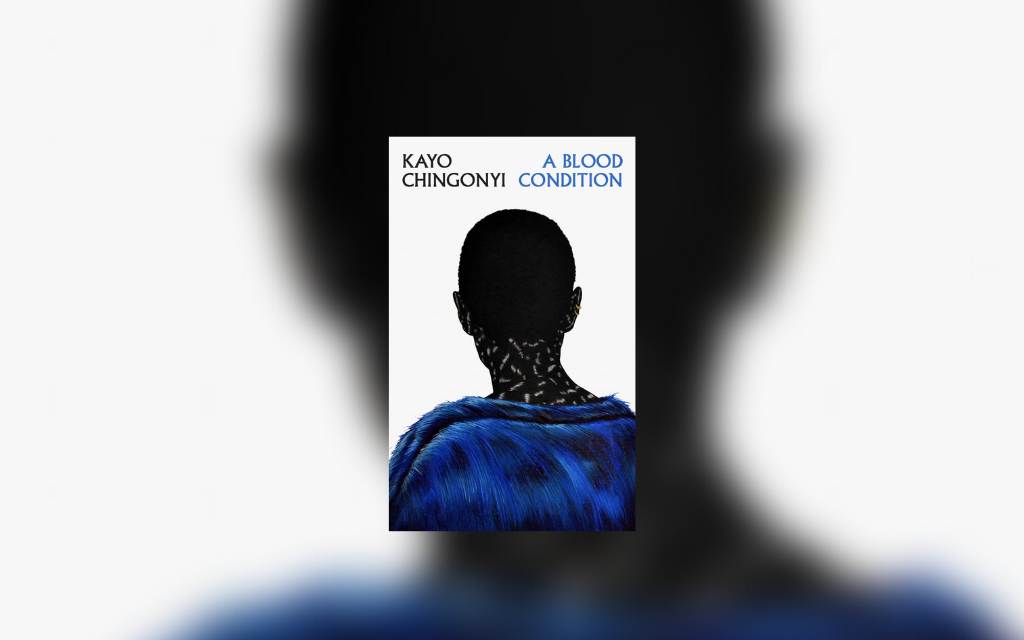
Recommended by Latifa Akay, head of collective care at Act Build Change:
I really recommend Kayo Chingonyi's latest poetry collection, A Blood Condition. It's one of the last books I've read in 2021, and I know I'll keep returning to it. The collection charts what it is to reckon with loss, survivor's guilt, and legacies of trauma and colonialism. In many ways, this is poetry of remembrance, and I felt a hope while reading it that this could be the remembrance poetry that reaches young people in classrooms in the UK. At a time when the pandemic has shifted so much of what we know and hope for in endings, A Blood Condition felt to me like a guiding hand, a set of offerings for letting go, honouring and living.
A parting gift for the holidays, the poem interior w/ceiling fan:
wish that we could lie here
for the rest of our lives
the blades of the fan above us
whirling like a tanguera’s skirt
everything outside this room
a distant country
let me be this unguarded always
speaking without the need of words
because breath is the oldest language
any of us know
Buy A Blood Condition from Bookshop.org
Recommended in our newsletter
In each monthly newsletter, we invite a member of our wider network to share a little about their work and what they recommend our readers watch, read or listen to that much. This is what this year’s newsletter guests have shared with us throughout 2021:
Finn Oldfield recommended The Transgender Issue by Shon Faye: A fantastic assessment of the current situation facing trans people and the wider the LGBTQIA+ community.
Marissa McMahon recommended The Gentrification of the mind: Witness to a lost imagination by Sarah Schulman
Sarah Adefehinti recommended this episode on Burnout and How to Complete the Stress Cycle by Brené Brown, Emily Nagoski and Amelia Nagoski: It's in gender-specific language, but I feel like anyone could benefit from how they're framing stress and how to avoid burnout.
Latifa Akay recommended Keeping The House by Tice Cin: No character is abandoned! Contradictions are cherished, and relationships and stories are cushioned by plot in really beautiful ways.
Iacob Bacian recommended Poetry Unbound podcast by Pádraig Ó Tuama: It's my go-to podcast. Each episode takes one poem and analyses it in plain English.
Areeq Chowdhury recommended this video of Corbyn and Johnson endorsing each other made using deepfake technology.
Fergal O'Dwyer recommended COMRADE: A discussion with Jodi Dean: She makes a case for more comrades and fewer allies, and a politics based on solidarity across difference something I think we should all be building towards.
Cara Sanquest recommended The 8th.
Sotez Chowdhury recommended Worlds Apart: I don't drink and aint promoting the brand, but am promoting the approach.
Imani Clough recommended Teaching to Transgress by bell hooks.
Prash recommended this video on the alphabet in sign language:
So you can sign any word or person's name by spelling it.
Phoebe Tickell recommended The Impossible Train Story by Moral Imaginations
Neelam Keshwala recommended Maybe You Should Talk to Someone by Lori Gottlieb: It's a wonderful read, I've laughed, cried and sat in stillness.
Maiya Michelle recommended the audiobook of POOR by Caleb Femi:
There's a lot to be said for hearing Caleb read his poetry. Listen closely, warmly.
Damiaan Melis recommended Knock Down the House.